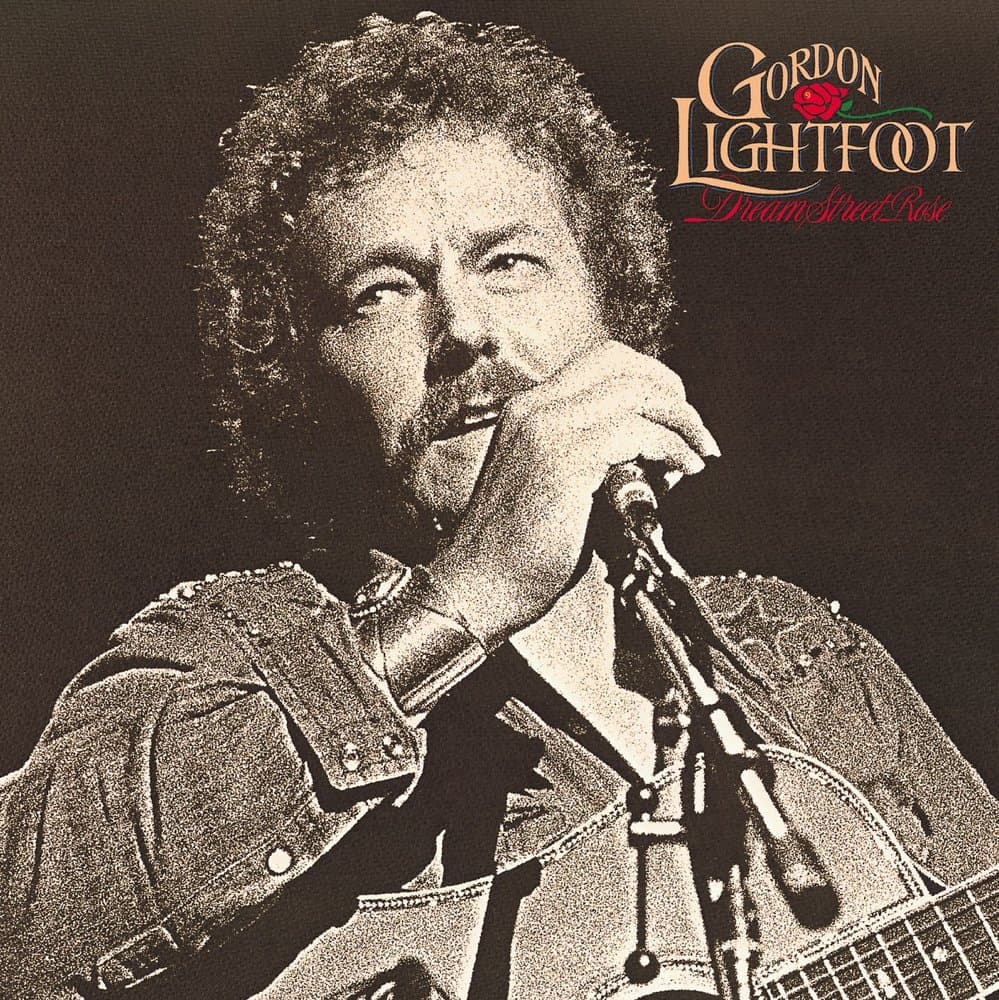
Gordon Lightfoot – Early Mornin’ Rain: A Timeless Ballad of Longing and Wanderlust
Gordon Lightfoot’s “Early Mornin’ Rain” is a masterful tapestry of raw emotion and poetic storytelling, capturing the ache of longing, the desolation of separation, and the wistful yearning for connection. Written in 1964 and first recorded in 1965, this poignant folk classic became a cornerstone of Lightfoot’s legacy, celebrated for its evocative imagery and heartfelt resonance. The song quickly established Lightfoot as a preeminent voice in the folk revival of the 1960s and remains a testament to his enduring artistry.
At its core, “Early Mornin’ Rain” paints a vivid picture of a man stranded at an airport, gazing longingly at airplanes departing into the misty morning sky. The narrator, burdened by loneliness, envies the freedom of the planes and yearns to be transported to a place where love and belonging await. With lines like “You can’t jump a jet plane like you can a freight train,” Lightfoot juxtaposes the romance of travel with the harsh realities of modern life, evoking a deep sense of displacement and unfulfilled desire.
The song’s brilliance lies in its simplicity. Its melody is gentle and understated, anchored by Lightfoot’s warm baritone and a delicate acoustic guitar arrangement. The tune’s mournful cadence mirrors the bittersweet tone of the lyrics, while the repetitive chord structure evokes the rhythm of steady rain or the cyclical nature of longing itself.
“Early Mornin’ Rain” was first recorded by Canadian duo Ian and Sylvia in 1965, but it was Lightfoot’s own rendition, featured on his 1966 debut album Lightfoot!, that solidified the song’s place in folk history. The song’s universality and haunting beauty also led to it being covered by an array of legendary artists, including Elvis Presley, Peter, Paul and Mary, Bob Dylan, and Jerry Reed, each lending their own interpretation to its wistful charm.
Despite its modest beginnings, the song garnered widespread acclaim. It resonated with listeners across borders, earning Lightfoot recognition as a global ambassador of Canadian music. Critics hailed the track as an exemplar of modern folk songwriting, with its unpretentious honesty and lyrical depth standing as hallmarks of Lightfoot’s style.
The themes of “Early Mornin’ Rain”—loss, longing, and the human yearning for freedom—are timeless. They transcend the era in which the song was written, speaking to anyone who has ever felt adrift or left behind. Its imagery is cinematic yet deeply personal, making every listener feel as though they, too, are standing in the early morning drizzle, watching planes disappear into the horizon.
More than just a song, “Early Mornin’ Rain” is a testament to Lightfoot’s gift for transforming ordinary experiences into profound art. Whether it’s the forlorn traveler at the airport, the weight of unspoken goodbyes, or the simple beauty of a rain-soaked dawn, Lightfoot’s words and melody linger in the heart long after the last note fades. In the canon of folk music, it stands as one of the most poignant expressions of the human spirit, a song that carries the listener into the rain-soaked morning and far beyond.